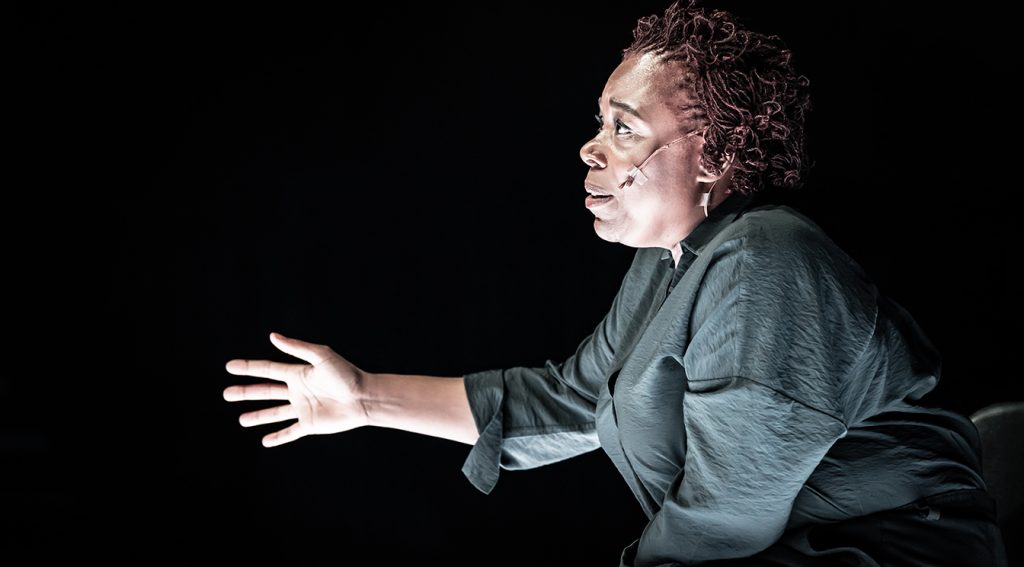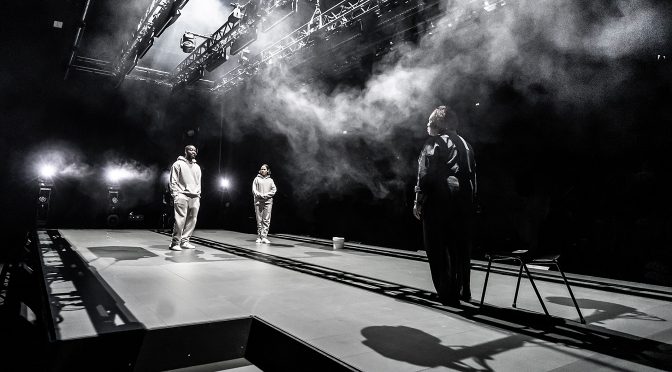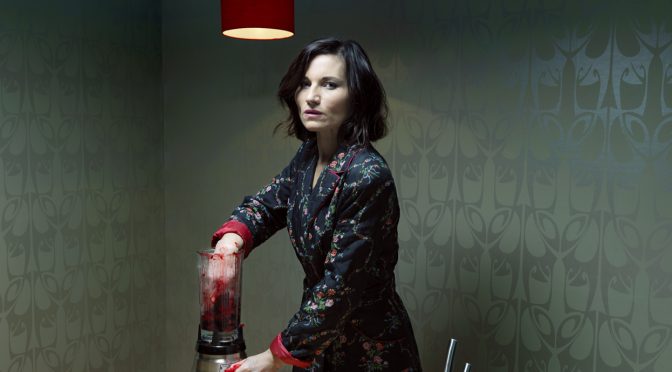The well-publicised premise behind Lucy Prebble’s hit play is shrewd: when two people on a medical trial fall in love, is it real, or is it because of the drug they are taking? The story is an easy sell… you want to know, don’t you?
Watching Tristan and Connie, who have volunteered for the experiment, falling for one another is great. It’s funny at times, as well as intense, and it provides big roles for Paapa Eddiedu and Taylor Russell. A strong couple, the performances are eye-catching and confident, a shoo-in for awards.
Yet it is the way The Effect opens and develops that impresses most. And the director of this revival, the estimable Jamie Lloyd, reaps tension from every idea and emotion in the play. Like the script, the production fizzes – and so will your mind.
For Dr Sealy, the proselytising scientist behind the experiment, falling in love is part of fighting depression, a way of dealing with ageing and even resolving philosophical questions of mind and body. Modesty is not his forte.
While Sealy is in charge, he doesn’t run the show – that’s down to Dr James, who is the voice of reason (you might guess that becomes an irony), reminding us of how complicated people are and thereby questioning the experiment and even the science itself.

These are two more fantastic roles, brilliantly performed. Sealey is too much the villain and his faults serve the play too neatly, so more credit to Kobna Holdbrook-Smith, who makes the role plausible. But the play really belongs to Michele Austin, whose caring Dr James has personal problems exacerbated by the job. While Eddiedu and Russell are moving, Austin and her character pack the most emotional punch.
The strength of The Effect comes with Prebble’s brilliant plotting. Questions of placebo and bias land like bombs. Lloyd reflects this with dramatic lighting and music from Jon Clark and Michael ‘Mikey J’ Asante – both are strong, if not strictly necessary.
Prebble also considers the audiences’ own psychology, expectations and prejudices in our reactions to her characters. It proves difficult to watch someone take a Stoop test (dramatically projected onto the stage) without responding yourself, and impossible not to have bias when information is revealed. A mirroring and layering between action on stage and in our own heads builds – and the effect is profound.
Until 7 October 2023
Photos by Marc Brenner


